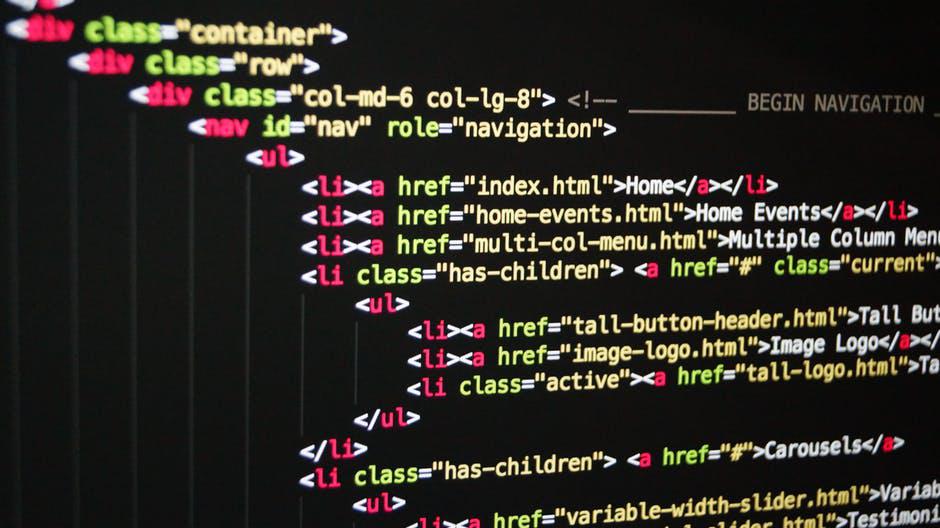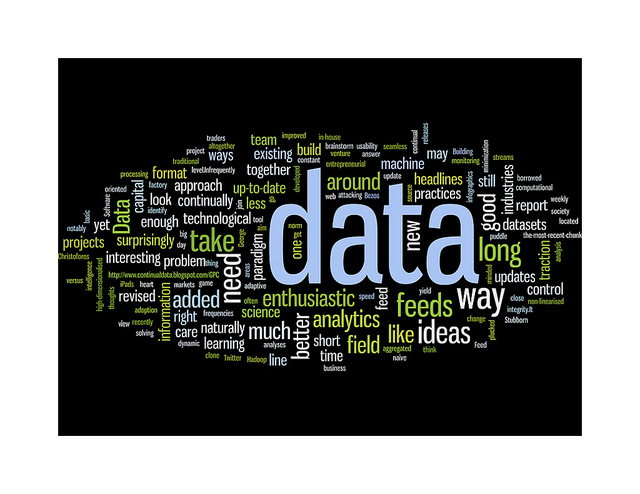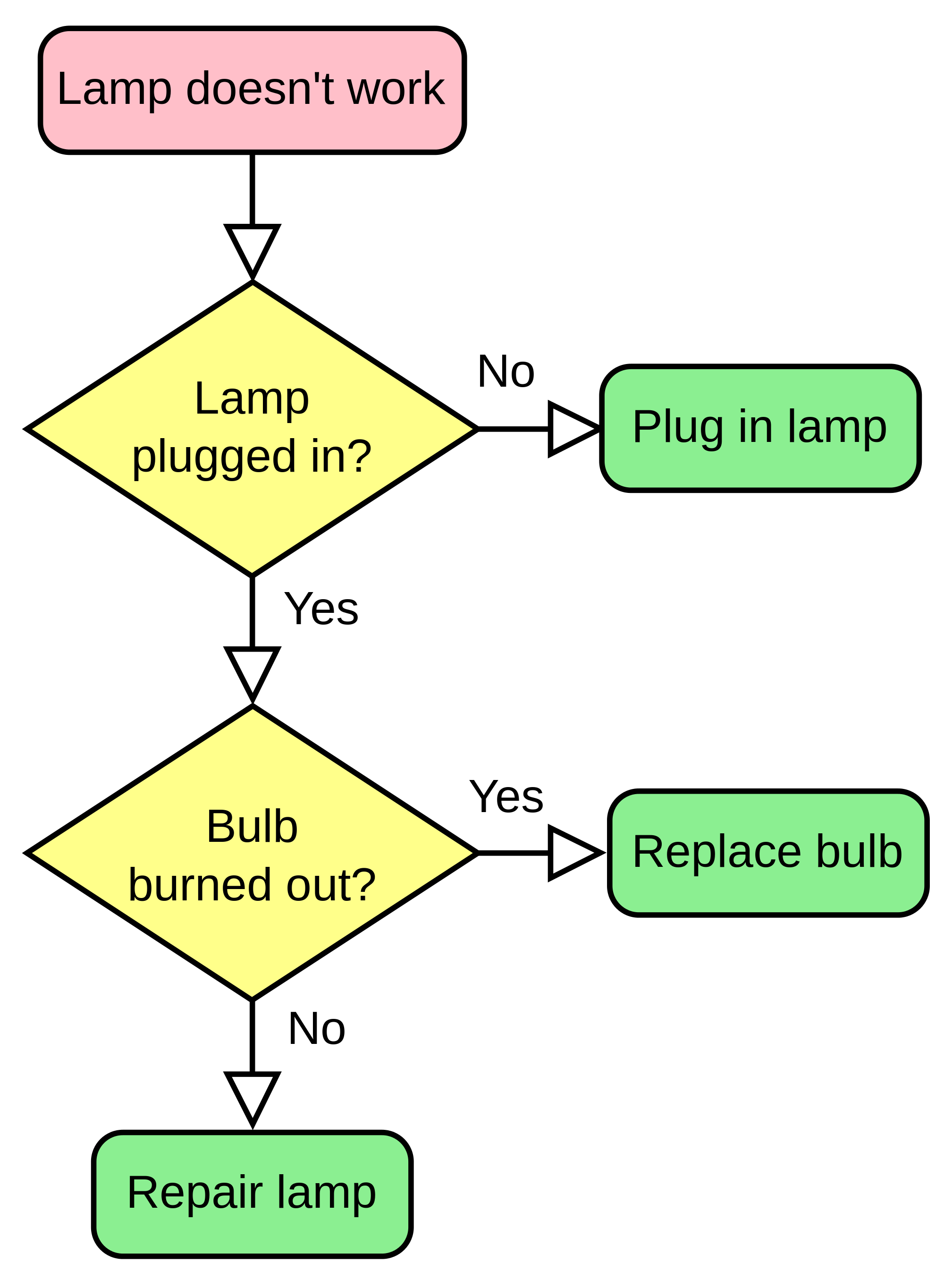
About 9 million developers use Java around the world. Over 7 billion devices also run on Java, making it one of the most popular programming languages around.
But over the years, a new competitor emerged: Python. That’s why in this post, we’re going to discuss Python vs Java—comparing both their strengths and weaknesses. That way, you’ll know which programming language best suits your project.
Are you ready to compare Java and Python? Read on!
Why Python or Java?
There are a lot of similarities between these two programming languages. Both offer strong cross-platform support as well as big standard libraries. Both of these treat almost everything as objects.
Both Java and Python also compile to bytecode, but the latter usually compiles during the runtime. While they’re both members of the Algol family, Python strays away further from C/C++ compared to Java.
The best part is that both can finish a range of tasks. But it’s the differences between Python vs Java that can help you decide which language fits your project more. If you don’t know where to start, click here to undergo a simple but engaging Python Pandas course.
Key Differences
Here are the main differences between the two programming languages:
1. Performance
It’s important to remember that programming languages don’t have speeds, only semantics. Comparing the speed requires you to pick specific implementations for comparison. Some studies conclude that Java executes a little faster than Python, but it uses a lot more memory, around thrice when compared to the latter.
It’s important to remember that performance isn’t limited to the execution speed of the language. In most cases, you need to check how the program gets implemented. You also need to factor in the performance of the third-party libraries to make an accurate comparison.
2. Popularity
This is one of the major games between these programming languages. They always have a close competition, often occupying the top three positions alongside JavaScript. Java used to be the most popular programming language before JavaScript’s release.
Java has a stable position as the second most popular programming language in the world. But recent surveys found that Python is the fastest-growing language. It took over C#’s position in 2019 and surpassed PHP in 2018.
That’s why it’s safe to assume that both languages are around the same level of popularity.
3. Syntax
When writing Python, there’s no need for you to determine variable types. It’s possible due to its built-in interpreter, checking it during runtime and inferring the types from there. The result is an easier to understand syntax almost akin to the English language.
Also, Python doesn’t require enclosing braces. Instead, it has indentation rules similar to how most people write pseudocode. That means even beginners can read the code without a lot of difficulties.
On the other hand, Java has strict rules for syntax since it’s a statically-typed language. That means you need to put explicit indications for your variable types. Failure to do so will result in anomalies, preventing the code from compiling.
Most beginners won’t find Java the easiest language to learn. But the clarity of its static nature makes it comfortable for most developers. Also, a lot of developers running large code basis often find the indentation rules inconvenient.
4. Jobs and Salary
The good news is that there are no objective differences between Python and Java when looking for work. The popularity of both languages makes it easy for you to start working as a software developer once you develop expertise. Remember, it’s better to choose a programming language that you can relate more instead of the available employment opportunities.
Python vs Java: Applications in Various Fields
Another good way of comparing these languages is their usage in various fields. In this guide, you’ll learn how developers apply their features in game development and web development.
Game Development
Neither Python nor Java can top the performance and features offered by C++/C# when it comes to PC game development. After all, you’ll need the highest-performing language to give a seamless experience to its users. The two languages aren’t slow, but they aren’t the best choices for game development.
But if you need a reliable open-source game engine running on Java, you can use JMonkeyEngine. It isn’t as powerful as Unreal and Unity, but it’s still a reliable tool that helps you develop amazing games. OpenGL also has bindings for Java if you’re keen on experimenting with computer graphics.
Python, on the other hand, isn’t a great option for creating games. But there are a few engines or frameworks that work with this language for making games. Some of these include Cocos, Panda3D, Pygame, and more.
But that doesn’t mean Python isn’t used for developing games. It’s important for professional game developers since it’s a great scripting-language choice. Editing Packages such as Maya also make use of Python for its scripting language capabilities.
Web Development
Both languages find use in developing the backend of websites. That means they’re used for creating software that runs on the server-side. The best part is that it’s the most popular field of web development, according to recent surveys.
Python has a more popular framework compared to Java since a lot of websites use Django instead of Spring. The reason for its popularity is due to its efficiency and security. It has a powerful layer of ORM, enabling you to deal with databases and do different operations with the data.
Learn the Best Programming Language Today!
If you’re unsure which programming language to use, this Python vs Java comparison can help. Again, it’s always important to choose the option that you can relate to the most. If you pick the wrong one, it’s likely for you to experience discomfort while developing your project, holding you back and preventing you from finishing on time.
Did you find this post helpful? If you did, why stop here? There’s so much more to discover! Browse some more of our articles now.








